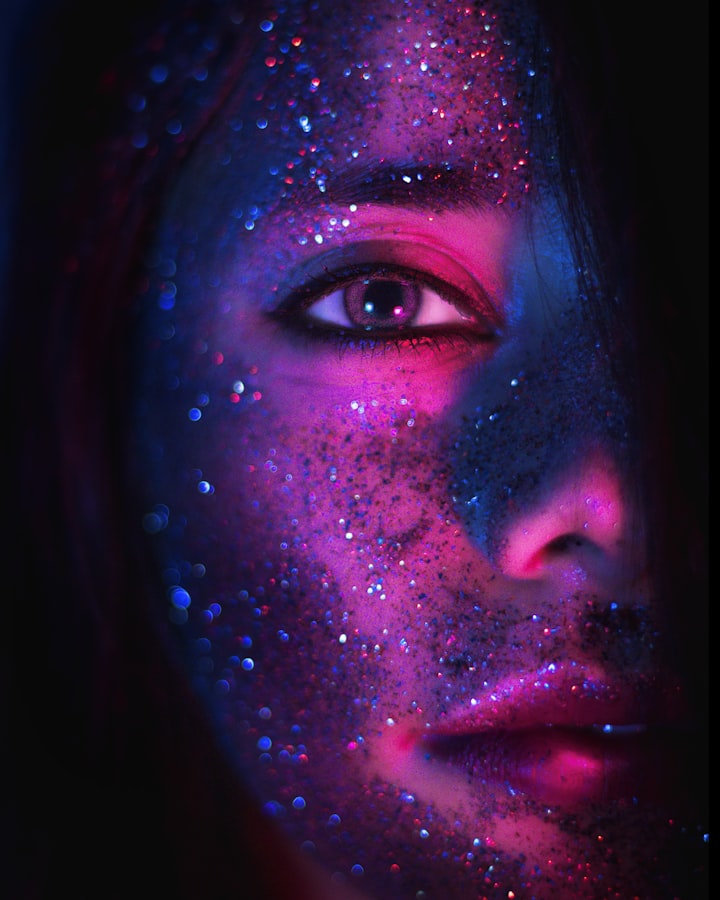Lost and Found in Afghanistan
Discovering common ground through shared food
It was late. We were lost. All the shops were closed and padlocked for the night. Winding our way through the tamped-earth streets of old Herat, Afghanistan, we tried to find our way back to the hostel. We went down passageways that seemed vaguely familiar, only to have them dead end or loop us back to where we'd come. My companion grew frustrated. I felt a dangerous combination of hunger, exhaustion and rising panic as dusk faded to black.
Earlier in the day, the place felt lively. Storefronts were thrown wide open then and each shop like a small stage revealed a different drama inside. Men sat cross-legged on scattered red rugs sharing hookah pipes and tea. Around them more rugs, folded and stacked, formed tipsy towers. All day long we'd been hounded by skinny young boys who roamed the streets wrangling foreign tourists, "This way, my uncle's shop. Top quality. Cheap price." The relentless sales pitch was draining. By sundown, I longed for the familiar hustle. We trudged on into the unlit night.
In the summer of 1974, I met a boy in Italy and we decided to travel overland to India. We hated each other by Turkey. But John and I stayed together for safety, hopping rickety local buses through Iran, Afghanistan and Pakistan. I was eighteen years old.
Tens of thousands of young travelers made that journey around then. Most were European. But there were also Canadians, Australians, South Africans, and at least one Dutch Indonesian man who'd learned English by reading Shakespeare so spoke in thous-and-thees and where-for-arts. We formed a loose tribe, a band of international nomads, wandering from country to country for no particular reason.
I broke many rules of cultural sensitively, sometimes knowingly, sometimes obliviously. In countries where modesty was policy my only concession was to give up tattered jeans for a flowery mid-calf skirt paired with combat boots like a militant Eliza Doolittle.
In Turkey, a young man urged me, unsuccessfully, to buy a burqa. I tried on a blue pleated veil that fell from skull cap to ankle with only a piece of lace over the eyes like a screened peep hole. I felt like a lie.
On one leg of the journey, John and I sat with the only other foreigners aboard the bus, an English girl with a cockney accent and crooked smile, and her partner, a towering Apache guy with a dirty blue bandana tied around his forehead. He was tall but short tempered.
When the bus stopped for a "bathroom" break in the middle of nowhere, the English girl and I walked far off to a big rock for privacy. We hadn't even finished when her boyfriend, standing in the door of the bus, arms braced like a human cross, bellowed, "Run, goddammit!" We ran.
When we got to our seats we learned the bus almost left without us after several passengers threatened the driver to ditch the foreign women to the desolate wilderness. Wandering the backstreets of Herat, I felt almost as abandoned.
"What was that?"
Maybe fifty yards ahead, an eerie orange glow shone up from the ground. Just as suddenly as the light appeared, it was gone. It made no sense. There was no electricity around. No on/off switch to hit. John thought I'd imagined it.
Suddenly, the strange light appeared again. Then, poof, it disappeared. This time, John saw it, too. We froze, both of us afraid to move. Seconds later, the glow reappeared and we could make out shadowy veiled figures crouched and waddling about on the ground.
Armed with more imagination than brains, I thought we'd accidentally stumbled upon a coven of wicked witches.
I wanted to bolt. The more brave and practical John suggested we ask them for directions.
The light came and went as we neared until we heard the low murmur of women's voices. They'd tossed their burqas aside and were busily smacking and kneading balls of dough. They worked in a choreographed rhythm. One woman used a stick to lift an aluminum pot lid off a circular hole in the ground. The sudden burst of firelight bronzed their skin. Another woman reached shoulder deep into the dry earth, her face scrunched against the heat, and pulled out a platter-sized flat bread. She tossed it, puffed and steaming, onto a waiting dish. A third woman leaned in and slapped fresh dough against the side of the in-ground oven. Then the first woman dropped the aluminum lid back over the hole. The dark returned.
They talked and worked in a synchronized precision that was hypnotic and soothing. They seemed amused that we'd stopped to watch. One of them tore off a hunk of bread, and offered it to me. It was almost too hot to handle. I popped it in my mouth and moaned with pleasure. They laughed and nodded. The air smelled like morning toast.
In improvised sign language, we asked for directions and followed pointing fingers until we found ourselves back to a lamplit street and our rustic hostel.
I unrolled my sleeping bag on the rope cot and crawled in, exhausted. That's when it occurred to me: Those burqa-less bakers were the first women in weeks I'd been able to look in the eyes.
John once said that he envied the easy way women bonded on the road. I dismissed it as circumstance: We were few and far outnumbered by male travelers, or rendered all but invisible beneath veils. But I like the idea of a universal link between women. I want to believe in our common chromosome. Especially now, with everything happening in Afghanistan, I want to trust that biology will transcend any cultural differences and strengthen the ties that make us human.
I am old now and must fight any temptation to frame that overland trip as some kind of Homeric odyssey. Mine was no hero's journey. It was more the hapless wanderings of a kid eager to experience a big world while trying to heal a thousand small hurts. I hope that trip and passing years have shaped me wise. But more often I worry they instead have simply worn down my bones, leaving a heart exposed and still beating.
About the Creator
Vivian R McInerny
A former daily newspaper journalist, now an independent writer of essays & fiction published in several lit anthologies. The Whole Hole Story children's book was published by Versify Houghton Mifflin Harcourt, 2021. More are forthcoming.
Enjoyed the story? Support the Creator.
Subscribe for free to receive all their stories in your feed. You could also pledge your support or give them a one-off tip, letting them know you appreciate their work.







Comments
There are no comments for this story
Be the first to respond and start the conversation.